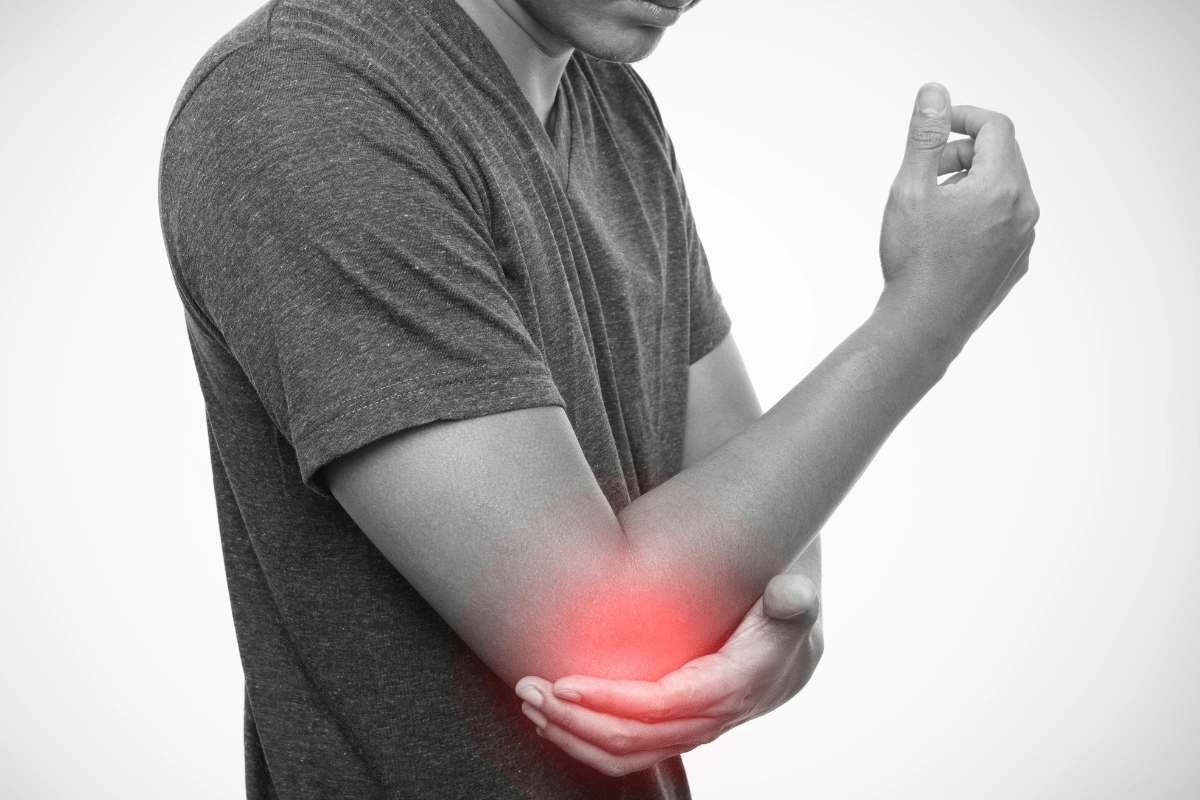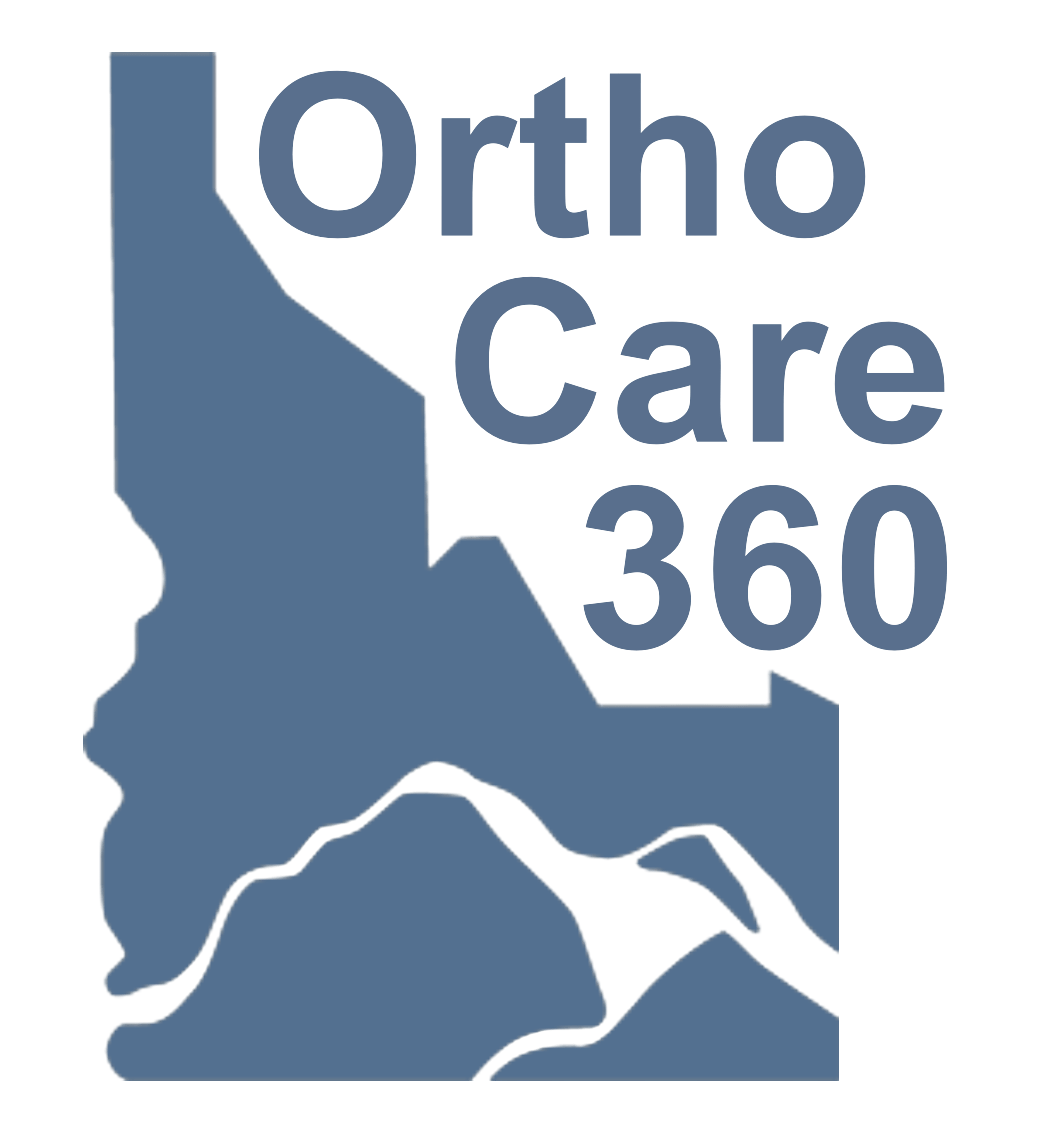
According to the most recent CDC data, the U.S. sees a staggering 24.8 million physician office visits for unintentional injuries yearly. From falls to motor vehicle crashes, these are some of the most common culprits behind such injuries.
If you’ve also been in an accident, one of the conditions you could have sustained is an elbow hyperextension injury. It can be painful, even debilitating, and can lead to complications like chronic pain and nerve damage. For these reasons, it pays to learn more about its symptoms and when to get professional help for your elbow injury management.
Join us today at OrthoCare360, our dedicated orthopedic care center in Boise, ID, as we explore elbow injury symptoms and hyperextension treatment tips.
Common Elbow Hyperextension Injury Symptoms
An elbow hyperextension injury results from an incident that has forced the elbow to bend beyond its normal range of motion. As a result, the elbow’s bones and ligaments sustain damage and, in some cases, may even dislocate, leading to the following symptoms:
- Immediate and intense pain
- Swelling and bruising
- Arm and elbow stiffness
- Blotchiness or redness of the skin around the affected area
- Elbow deformity
- A dull or sharp pain when moving the injured elbow
- Muscle spasms
- Loss of strength in the affected arm and below
A hallmark sign of an elbow hyperextension injury is if you’ve heard a popping sound as the injury occurred. If you did, and you now also experience one or more of the above symptoms, chances are, you’ve hyperextended and injured your elbow.
More Severe Symptoms and Complications
Depending on how far back you bent your elbow, the resulting injury can lead to more severe symptoms and complications that may delay healing and recovery. Below are some examples.
Soft Tissue Damage
Soft tissues are the tissues that surround, connect, and support your bones and organs, such as:
- Fibrous tissues
- Ligaments
- Muscles
- Tendons
A more severe elbow hyperextension injury can damage or tear your arm’s soft tissues. Such damages are musculoskeletal diseases (MSDs) that can cause:
- Pain
- Softness
- Movement limitations
- Functional restrictions
MSDs are among the most common conditions in the U.S., with 54% of surveyed American adults reporting having them, according to BMJ Best Practice. They can be acute (short-term) or chronic (long-term) and are a typical reason for work absences.
Nerve Damage
A severe elbow hyperextension injury can also cause nerve damage, such as to the ulnar nerve.
According to the National Institute of Neurological Disorders and Stroke (NINDS), nerve damage to the extremities, also called peripheral neuropathy, is a common condition affecting millions of Americans. It can cause many highly unpleasant symptoms, which can differ depending on the type of nerve affected.
For example, the ulnar nerve (or the “funny bone”) is the nerve that travels from the arm to the elbow to the hand. It’s a motor nerve (a nerve that controls conscious muscle movement) and a sensory nerve (a nerve that sends sensation information). As a “dual-function” nerve, neuropathy of the ulnar nerve can lead to the following symptoms:
- Painful cramps
- Tingling
- Muscle weakness
- Uncontrolled and visible twitching of the muscle under the skin (fasciculations)
- Muscle shrinking (atrophy)
- Loss of reflexes
Hand Injuries
A more severe elbow hyperextension injury can also result in a hand injury. For example, the initial injury may cause circulation problems or nerve damage that may extend to the hands. In this case, the following symptoms may also manifest in the affected hand:
- Numbness
- Tingling
- Pain
- Weakness in the hand or fingers
Shoulder Injury
A hyperextended elbow doesn’t typically cause direct shoulder damage. However, the mechanism of the elbow injury can sometimes contribute to a shoulder injury. An example is if the elbow hyperextension forces the arm into an extreme position, potentially overstretching or tearing the rotator cuff tendons.
A rotator cuff injury alongside your hyperextended elbow may cause symptoms like:
- Clicking or popping sounds when you move your elbow
- Pain and weakness in the shoulder
- Difficulty performing activities that require you to raise or rotate your arm
Recovering From Elbow Injury: Treatment and Management Tips
Although surgery is an option following a hyperextension injury, non-surgical post-injury elbow care is the preferred first line of treatment. Healthcare providers only suggest surgical procedures if the damage is so severe that it doesn’t respond to non-surgical solutions.
Rest, Ice, Compression, Elevation (RICE) Regimen
If you have (or at least suspect) an elbow hyperextension injury, please cease activity immediately. Instead, follow the RICE regimen, especially within the first 24 to 48 hours:
- Rest: Rest and minimize movement of the affected elbow
- Ice: Swelling will naturally occur, but icing can help reduce the extent of tissue damage and inflammation
- Compression: A snug (not over-tight!) compression bandage may help ease swelling and provide additional support
- Elevation: Keep the elbow above the heart’s level to further alleviate swelling
If the pain you experience is a bit too much to bear, you can take over-the-counter (OTC) anti-inflammatory medications. However, if you’re in extreme pain, please seek professional help without delay. If you’re in the Boise area, the dedicated orthopedic care team at OrthoCare360 will look after you and provide rapid evaluation and treatment.
Physical Therapy and Bracing
Physical therapy, focusing on targeted movement, such as joint recovery exercises, can help restore your elbow’s function and strength. Bracing can provide additional support while also limiting movement. Together, they can help prevent further injury and promote faster healing.
Injections
Injections may sometimes be necessary for more severe injuries. They can provide immediate, albeit temporary, pain relief and help reduce inflammation, encouraging faster healing and recovery.
Get Help for Your Elbow Injury Today
From pain to swelling, limited movement, and other complications, an untreated or incorrectly managed elbow hyperextension injury can cause all these symptoms (and more!). So, if you suspect you’ve sustained such an injury and are in extreme pain, please don’t delay seeking professional care.
OrthoCare360, our dedicated orthopedic care team in Boise, ID, can help. From our CEO, Dr. Nanavati’s expertise in elbow, shoulder, wrist, and hand injury diagnosis, treatment, and rehabilitation to our CMO, Heidi Nanavati’s 20+ years of nurse practitioner/first assist experience, we can give you the personalized treatment and attention you deserve.
Contact us today to schedule your appointment so we can help you get back to your life!


